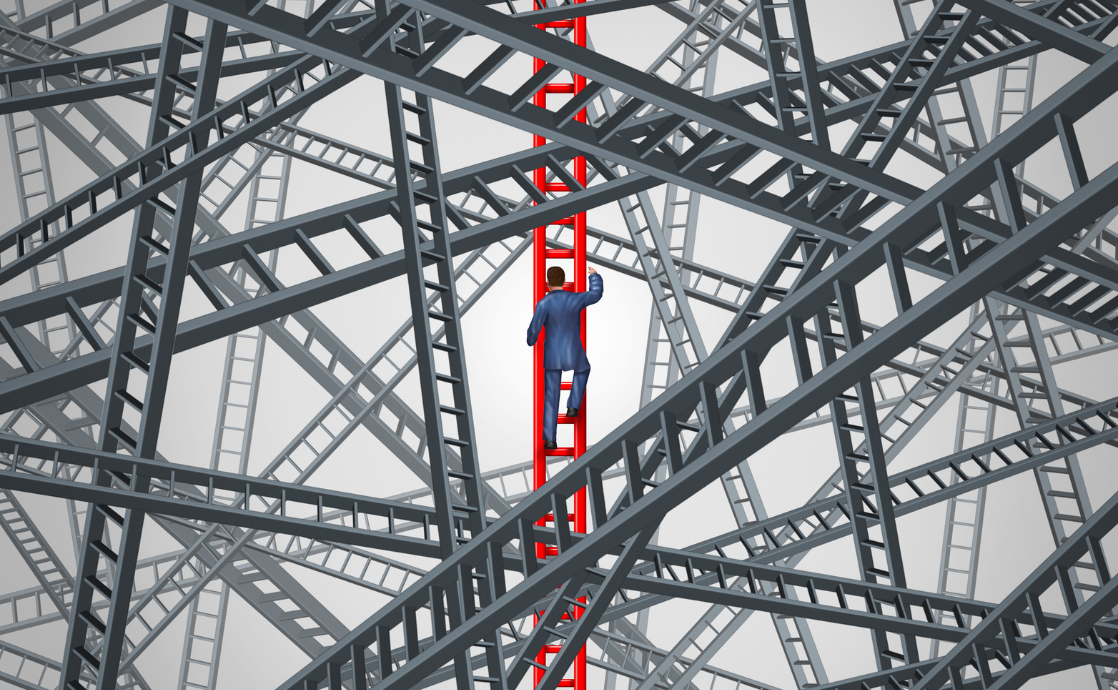In an era characterized by unprecedented volatility, individuals increasingly grapple with the chaotic forces that besiege modern life. The manifold complexities of contemporary existence, which can be likened to navigating tumultuous seas during a storm, necessitate an anchor—a source of steadfastness and resilience. The Bahá’í teachings, rooted in spiritual principles and ethical clarity, offer profound guidance for not merely surviving these tumultuous waters but thriving amid them.
At the core, Bahá’í teachings emphasize the oneness of humanity. This foundational principle invites individuals to transcend divisive barriers that proliferate in our world. Just as a majestic tapestry is rendered vibrant by the diversity of its threads, so too is the human experience enriched through unity. In recognizing the interconnectedness of all people, individuals cultivate a sense of collective responsibility and empathy, which serve as antidotes to isolation and despair often felt during chaotic times.
The metaphor of a tree can further elucidate these teachings. Just as a tree is nourished and fortified by myriad sources—sunlight, water, and soil—individuals, too, must draw sustenance from a well-rounded array of experiences. In this light, spiritual education emerges as a vital component. Engaging with spiritual texts and participating in community discourse fosters inner resilience, allowing individuals to branch out towards enlightenment while simultaneously rooting themselves in profound ethical values. This duality of aspiration and grounding is essential for flourishing, particularly during instability.
Moreover, the Bahá’í principles of peace and justice provide robust frameworks for navigating life’s turbulent moments. By striving for justice in personal actions and societal engagements, individuals contribute to the creation of a harmonious community. In such an environment, conflict may be resolved through understanding rather than discord—echoing the teachings that advocate for constructive dialogue as a means to achieve unity. The practice of active listening and empathy can dilute tensions and create pathways for collaboration even amidst disagreement.
As individuals traverse the unpredictable landscapes of modern life, the Bahá’í emphasis on the power of prayer and meditation cannot be understated. These sacred practices serve as bulwarks against anxiety, allowing individuals to find moments of peace amid external chaos. The very act of pausing to reflect and connect with the divine fosters an internal sanctuary where clarity and tranquility flourish. In this space, individuals are afforded the perspective necessary to interpret challenges not as insurmountable obstacles, but as opportunities for growth and enlightenment.
The notion of life as a continuous process of learning is deeply woven into the fabric of Bahá’í philosophy. This perspective aligns closely with the idea of resilience—understanding that every challenge provides fertile ground for development. Embracing a growth mindset, where failures are seen not as endpoints but as stepping stones, fortifies one’s ability to thrive in adversity. The ability to pivot, adapt, and seek improvement reflects the dynamism that is inherent to the human experience. Using every setback as a learning opportunity transforms chaos into a curriculum of life.
This adaptability is further enhanced by the communal aspect of Bahá’í teachings. The concept of community is akin to a symbiotic ecosystem—each member supports and nurtures the others. Interpersonal relationships foster a sense of belonging, which is crucial in mitigating feelings of alienation that often accompany chaotic times. Within a supportive community, individuals can share their experiences and collaboratively seek solutions, reinforcing the idea that together, we can withstand the fiercest storms.
In the face of ubiquitous distractions and the incessant flow of information characteristic of today’s digital epoch, mindfulness emerges as a deliberate practice advocated within Bahá’í teachings. Cultivating awareness of the present moment allows individuals to discern between the urgent and the important, to prioritize that which genuinely contributes to their well-being and their spiritual journey. This deliberate focus fosters a lifestyle where one can be anchored, instead of adrift in the overwhelming flood of external stimuli.
Furthermore, a commitment to service is another pivotal tenet that enriches the Bahá’í approach to navigating modern chaos. Engaging in acts of service cultivates resilience and purpose, providing a counterbalance to the self-centered tendencies often exacerbated in tumultuous times. When individuals direct their energies towards the upliftment of others, they forge connections that not only offer solace but also invigorate their own spirits. Such altruistic endeavors breed fulfillment and joy, enhancing one’s ability to thrive amidst adversity.
As we navigate this complex modern landscape, the Bahá’í teachings offer a resplendent framework of principles that equip individuals to transform chaos into tranquility and despair into hope. They inspire a profound metamorphosis, urging adherents to transcend personal struggles in order to contribute to the collective well-being of society. In this light, the turmoil of contemporary life can be approached not with trepidation but with resolve and optimism. Through unity, education, spiritual practices, and service, each individual can blossom into a resilient force, creating harmony and justice in a world often marked by discord.
In essence, it is through the illumination of Bahá’í principles that individuals can indeed survive and thrive, emerging from the chaos not merely unscathed but enriched, enlightened, and empowered to be agents of positive change.
